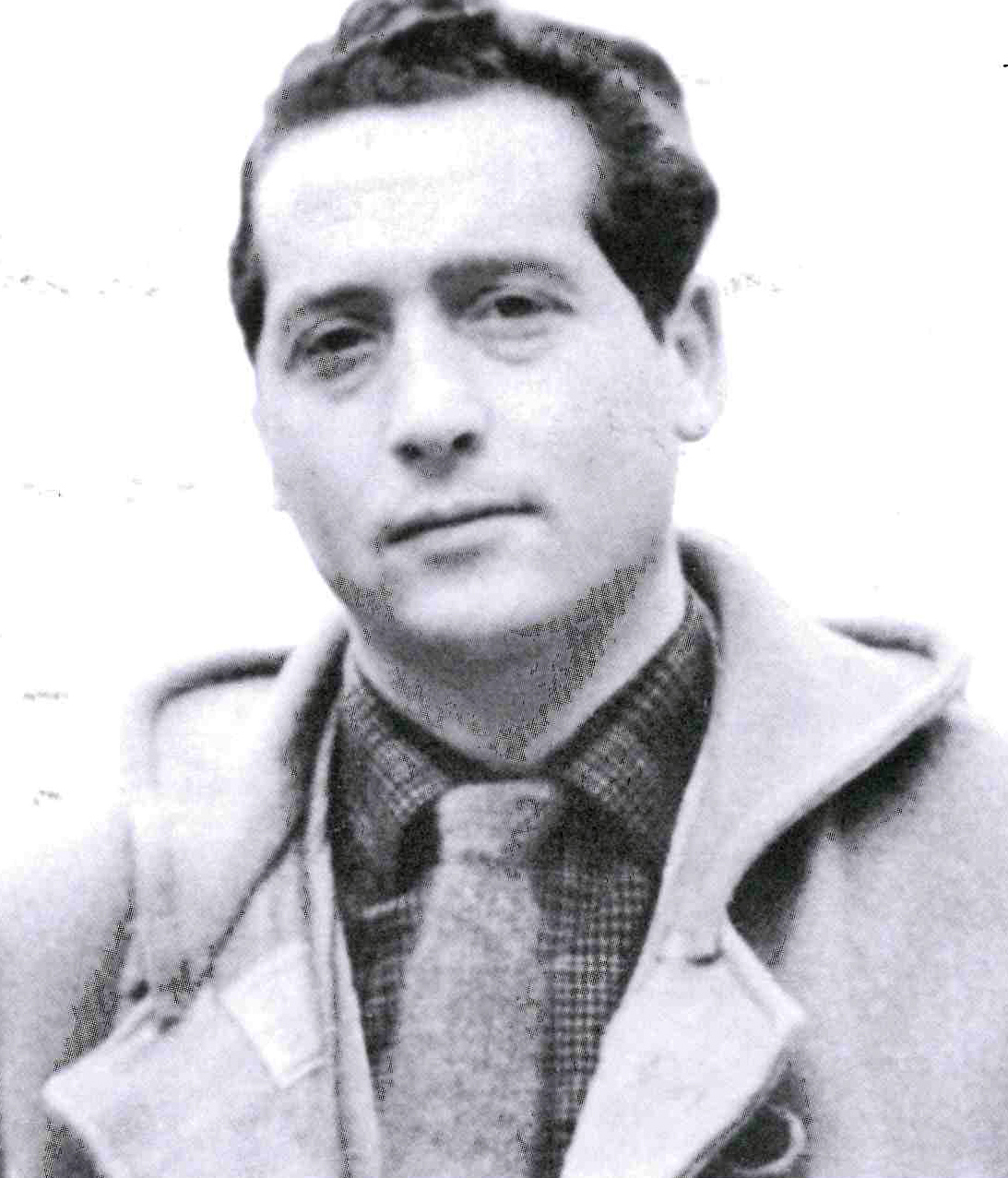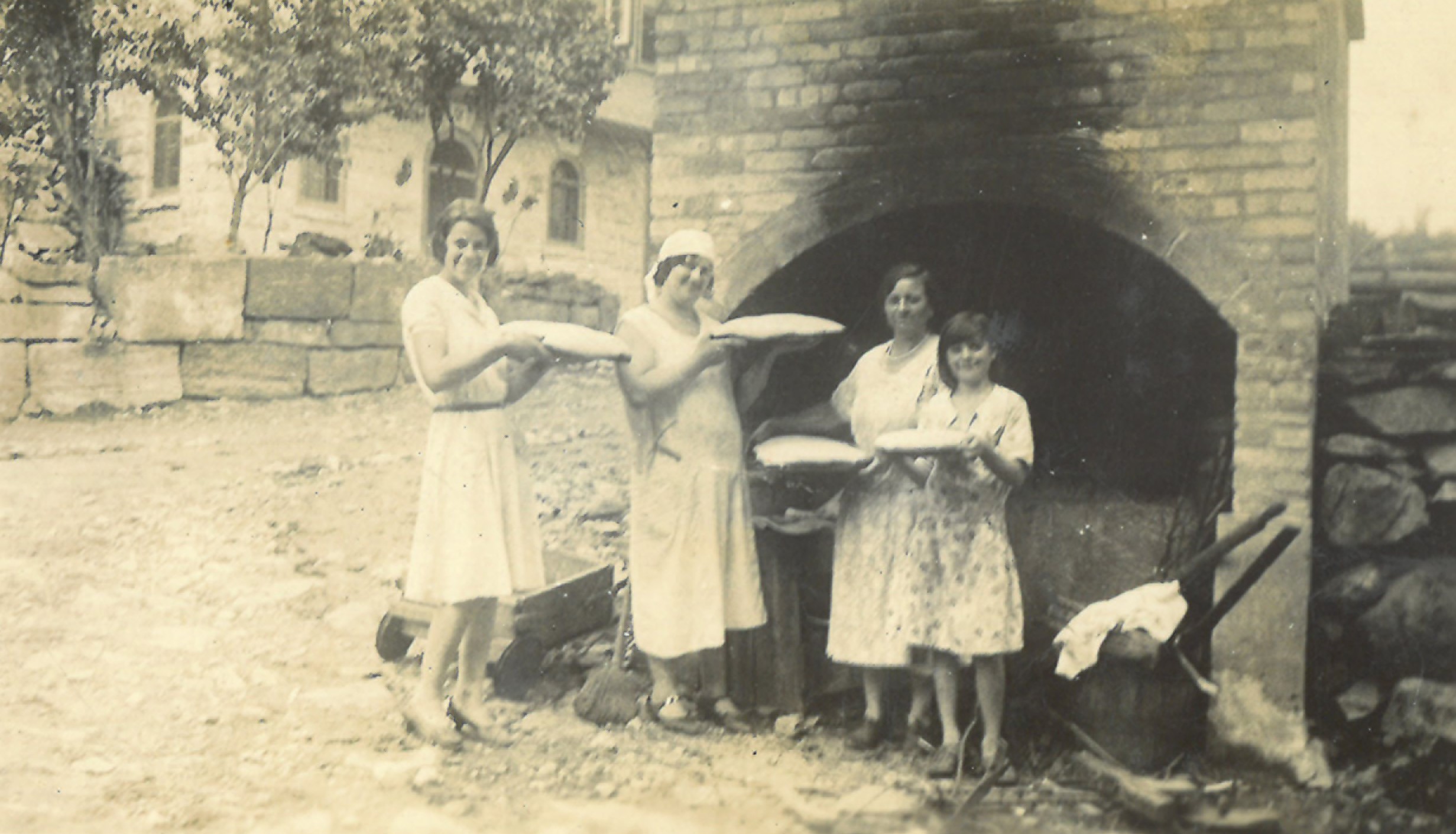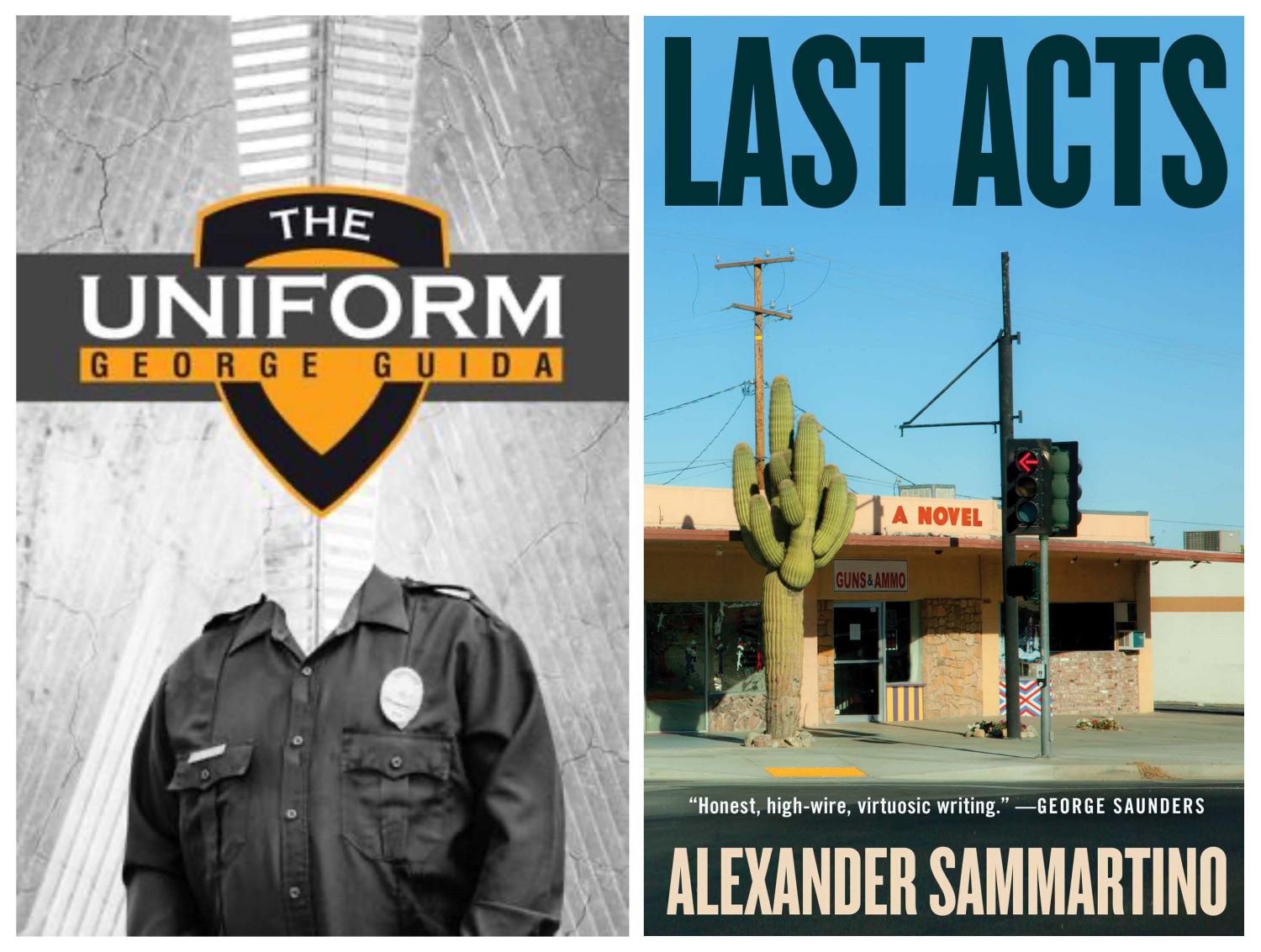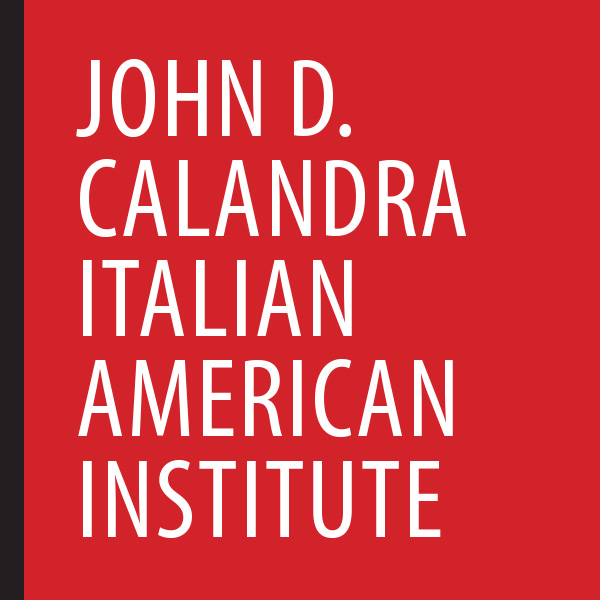
Isabella Livorni, New York University
The name Rocco Scotellaro has become synonymous with Basilicata. In his work, however, the young writer, poet, and politician was interested in situating his home region within a transnational framework. In this talk, Isabella Livorni will analyze how Scotellaro conceived of the connections between Basilicata and other parts of the world in his poetry and creative writing—not only his analysis of his compatriots’ emigration, but also the potentially fruitful solidarity between Lucanian contadini and oppressed peoples elsewhere in the world.
In conjunction with the exhibition BASILICATË: A Celebration of Lucanian Culture in the World

Three women artists with roots in Basilicata gather to discuss their work and shared origins. Penny Arcade (born Susana Ventura into a family hailing from Picerno) is a primal force in the New York City performance art scene. Her work explores themes including women’s sexuality and working-class and immigrant identity. Joanna Clapps Herman is a writer who has portrayed the “two worlds” she inhabited while growing up in Waterbury, Connecticut, as the child of Italian American immigrants from Avigliano and Tolve, in works including The Anarchist Bastard. Journalist Helene Stapinski’s family origins in Bernalda formed the basis of her memoir Murder in Matera, in which she investigates the life of her great-great-grandmother, who fled to the United States after a murder.
In conjunction with the exhibition BASILICATË: A Celebration of Lucanian Culture in the World

George Guida reads from The Uniform (Guernica World Editions, 2024)
Alexander Sammartino reads from Last Acts (Scribner, 2024)
Two writers explore the expectations and realities of modern masculinity. In George Guida’s novel, a brutal racist attack in 1950 drives Alfie Bagliato’s family from their small town to New York City, where the sixteen-year-old dreams of escaping his Italian American enclave through a career in music and a romance with his cousin Adeline. All too quickly, disappointment and frustration lead Alfie to join the military, to follow Adeline to San Francisco, and then to become a New York City cop. The clash with protesters during the 1968 Columbia University student uprising forces him to confront his inherited bigotry and fear as he wrestles with his love for Adeline and desire for a new life. Alexander Sammartino’s satirical tale follows David Rizzo, proprietor of a failing firearms store in Phoenix, who nevertheless has reason to feel optimistic. His son, Nick, has just recovered after a near-fatal overdose, which prompts Rizzo to use Nick’s resurrection to create a television commercial for his gun emporium. But the relationship between father and son is fragile, mired in mutual disappointment. And when the pair embarks on their scheme to avoid bankruptcy, a high-stakes crash of hijinks, hope, and disaster ensues.
Discussion led by Fred Gardaphé, John D. Calandra Italian American Institute, Queens College, CUNY.



